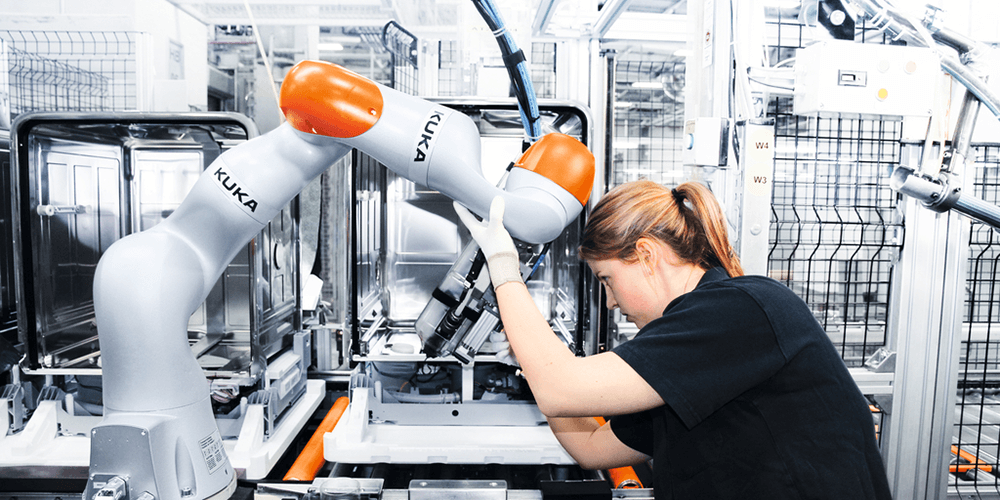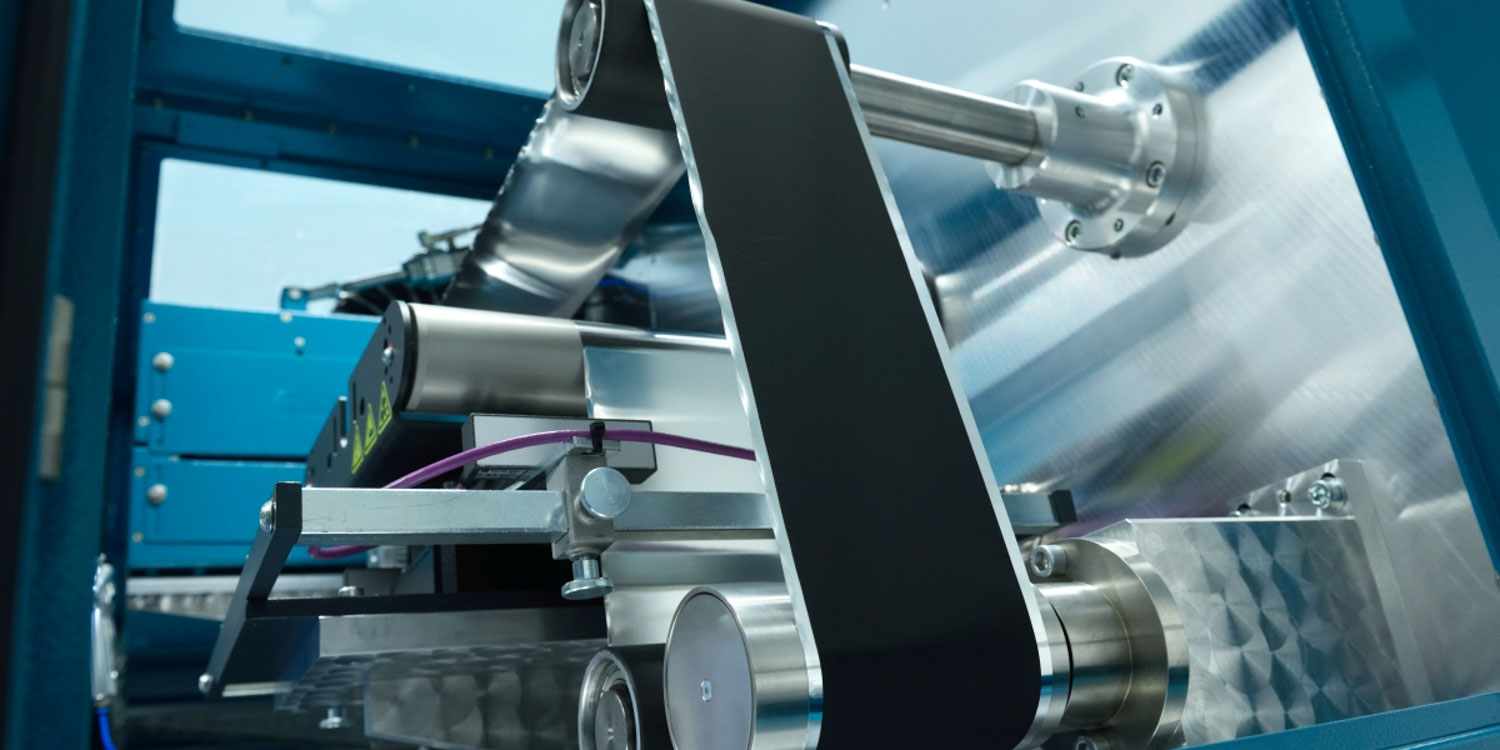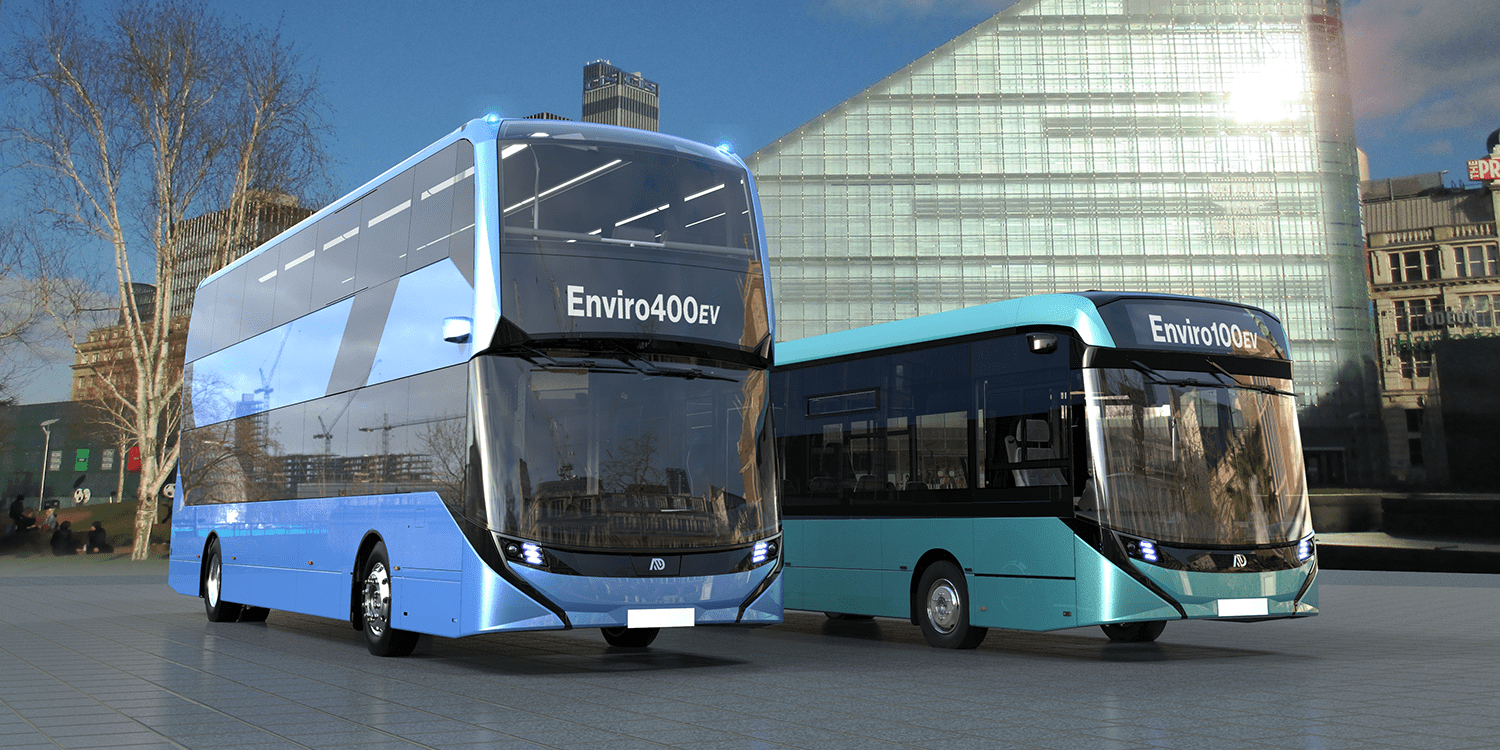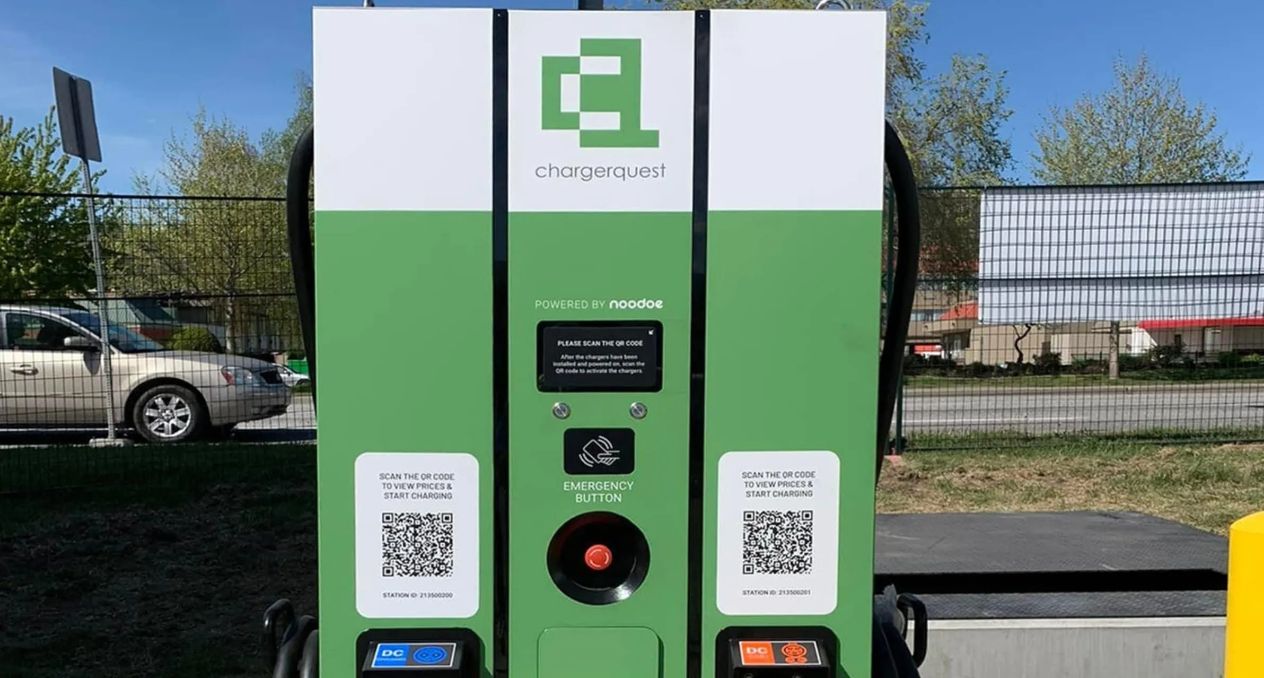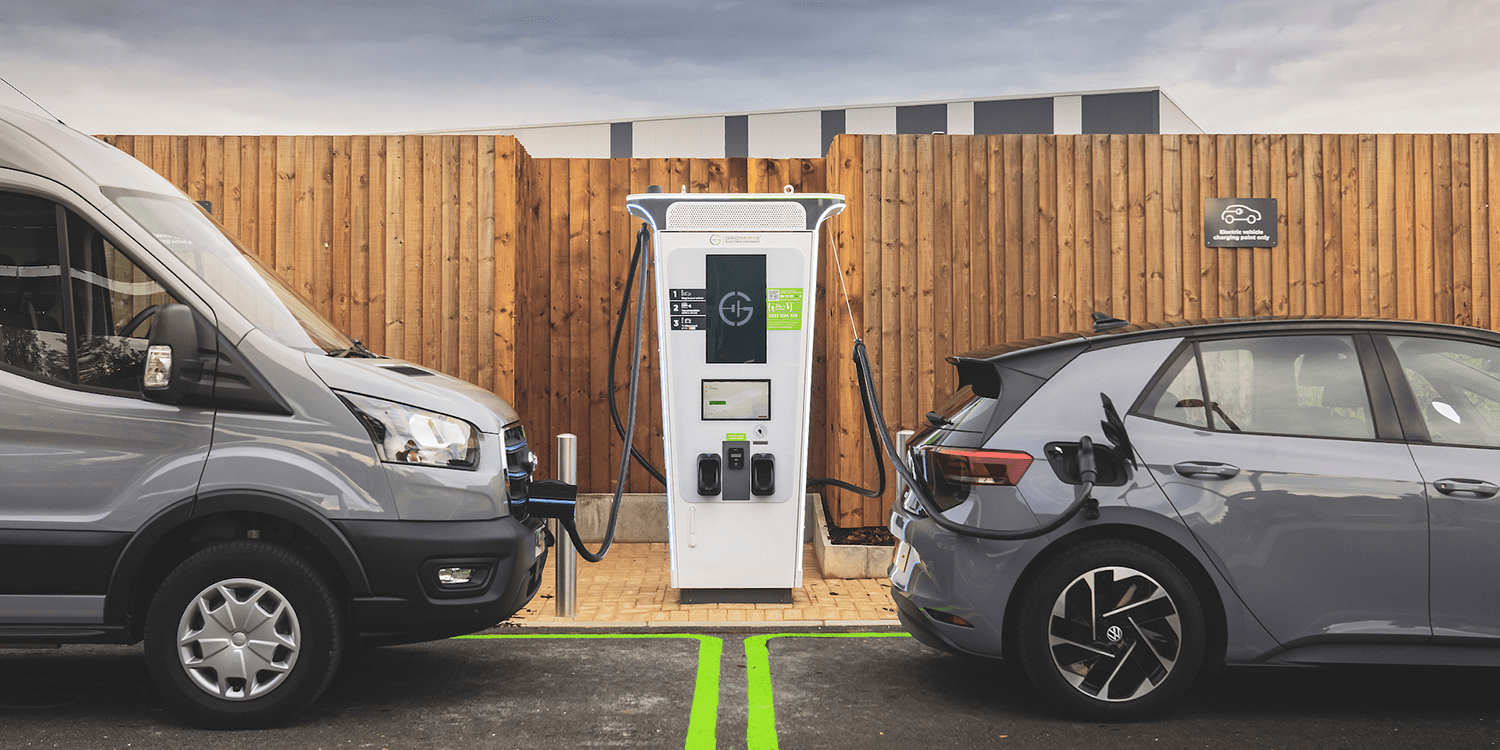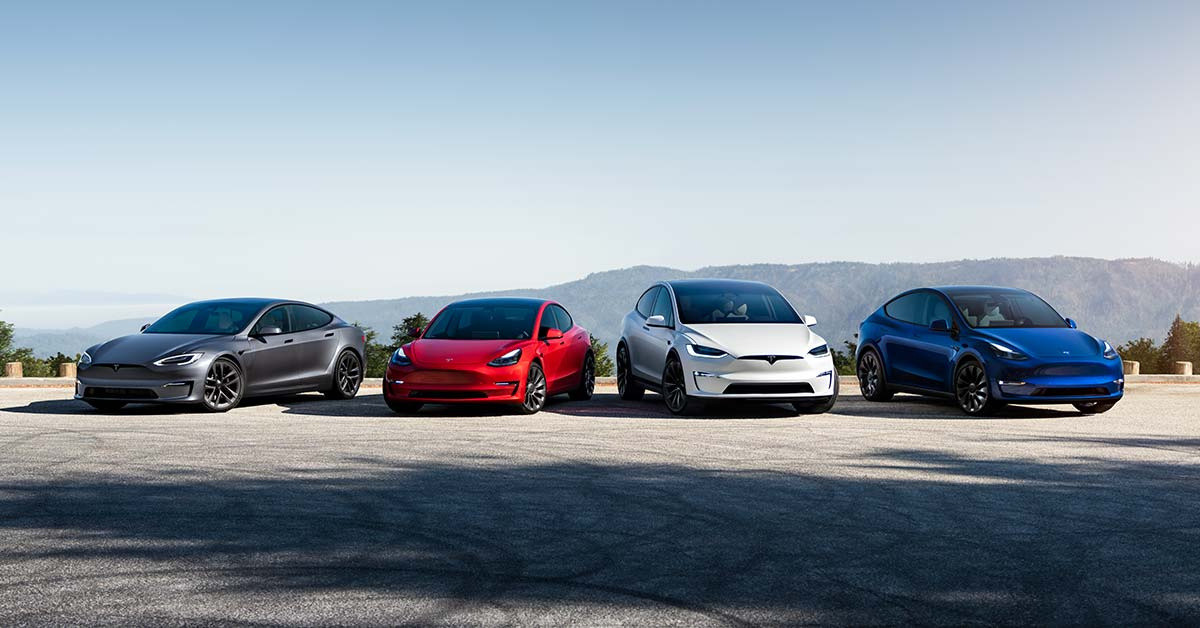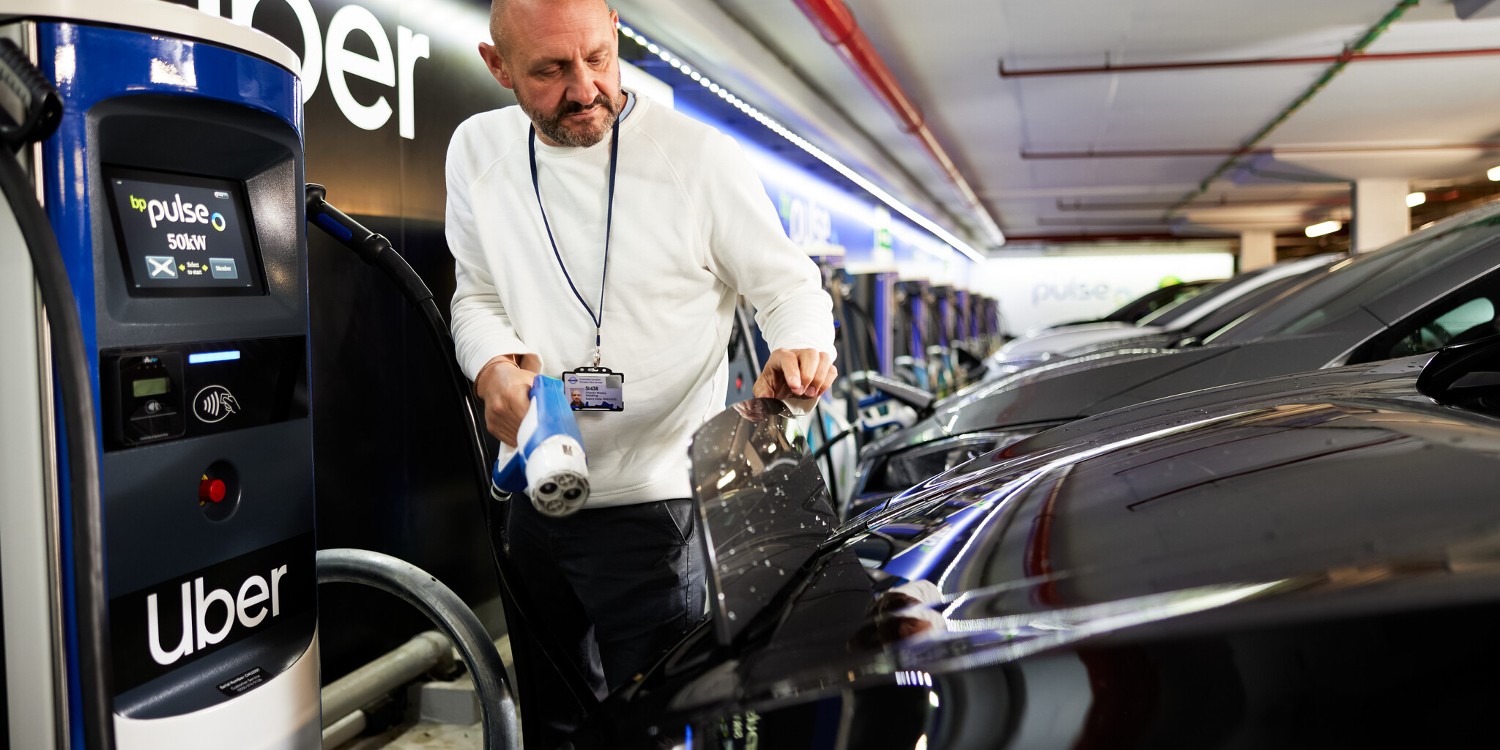Kuka, the automation specialist, has announced a new contract with Valmet Automotive in Finland to design “CO2-neutral” assembly systems for sustainable battery production. This extensive investment in sustainable battery production will involve the installation of friction stir welding systems and equipment for end-of-line testing in the assembly line. Kuka CEO, Gerald Mies, highlighted that Valmet’s decisive criterion for choosing Kuka was their commitment to energy efficiency, alongside their ability to offer “everything from a single source”.
Valmet Automotive, a Finnish supplier, also emphasizes the use of resource-saving processes and programming optimized for sustainability, such as the “sleep mode”. The new assembly system is under construction at the company’s plant in Uusikaupunki, Western Finland, and is expected to start operating by summer this year.
Jyrki Nurmi, SVP of Electric Vehicle Systems, Valmet Automotive, expressed his confidence in Kuka’s ability to “tackle our challenges together with us.” The project is expected to set new standards for energy efficiency in the industry.
See also: Valmet Automotive Begins Series Production of Battery Systems in First German Plant
Kuka, headquartered in Augsburg, Germany, builds most of its machines at home, and was acquired by the Chinese technology group Midea in 2016. It has a long-standing cooperation with Volkswagen and recently received an order from GAC in China.
Valmet Automotive has also recently started production at its first plant in Germany, which manufactures high-voltage systems for all-electric and plug-in hybrid vehicles. Although Valmet has yet to disclose the OEM, it has already received orders, and it is speculated that Audi may be the customer.
See also: Contract manufacturer Valmet completes the pre-production of the Lightyear 0 solar EV
Despite the significant investment, neither Kuka nor Valmet has disclosed the battery type or planned capacity. Nonetheless, this partnership between Kuka and Valmet Automotive is a significant development in sustainable battery production, and it has the potential to drive the industry towards greater energy efficiency.

